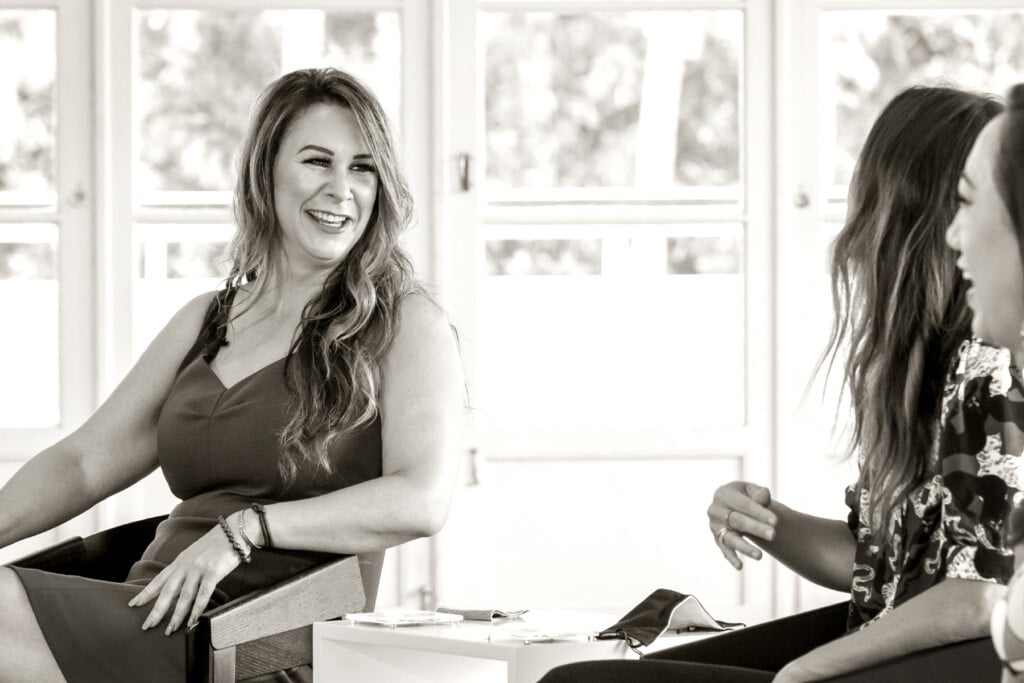Despite Your Anxiety, Don’t Tune Out the News
Here are seven ways to stay informed while keeping your stress level under control.

Knowing that I’m a journalist, people frequently tell me they can’t follow the news anymore. The turmoil in Washington, D.C., has pushed many over the edge, but then you also have wildfires and climate change, poverty and inequality, racism and intolerance, wars and violence, the uncertain economy. Every day seems to bring a fresh wave of scary reports.
It’s no surprise that many people are tempted to tune out entirely, believing that avoiding the news will help maintain their mental well-being. Sometimes I feel the same way.
While briefly stepping away for a mental break sometimes makes sense, disengaging from current events doesn’t – either for you personally or for Hawai‘i and America. Avoiding the news doesn’t make problems disappear. It only makes people less prepared to navigate them.
Most important: In a democracy, decisions are made by the people who show up. If citizens withdraw from the news because it feels overwhelming, they surrender their influence and voice to those who remain engaged – potentially allowing misinformation or extreme viewpoints to dominate public opinion. Informed citizens are better equipped to challenge falsehoods, participate in debates and advocate for meaningful change.
Even on a personal, selfish level, you cede any power you might have when you become less informed about issues that directly shape your life, family, home and money: Public policies, economic trends, health crises and government decisions shape everything from job opportunities and investments to your personal health. Without awareness, you will be unprepared.
Don’t Just Read, Think
I hate the term “consuming the news” because it shortchanges the importance of your thinking. Reading the news gives you the opportunity to think differently. Here’s an important example: If your candidate lost an election, you could blame the stupid voters who voted for someone else, or you could try to understand why they chose differently. The next election campaign is not only an opportunity to change their minds but your own.
Here are ways to stay informed while minimizing anxiety.
• Choose your news sources: Instead of scrolling endlessly through sensationalized social media feeds that rely on explosive headlines to grab your attention, choose reliable news outlets known for factual reporting and balanced perspectives. And make a conscious effort to understand perspectives other than your own.
• Set boundaries: Rather than consuming news all day, set specific times to check updates. A short morning or evening review of headlines can keep you informed without overwhelming your emotions.
• Focus on solutions-based journalism: Many media outlets, including Hawaii Business Magazine, emphasize solutions to problems rather than just reporting on crises. Engaging with stories about problem-solving efforts can help maintain hope.
• Think historically: Knowing that Hawai‘i and America have survived wars, natural disasters and economic depressions should bolster your confidence that we can survive modern crises. And knowledge of the past can help guide your thinking about how to solve today’s problems.
If you fear for the future of American democracy as I do, read “How Democracies Die” by Steven Levitsky and Daniel Ziblatt to understand how other nations destroyed their democracies in ways that sound all too familiar today.
• Use a local tool: Though diminished from the past, Hawai‘i still has a vibrant news media ecosystem. The easiest way to stay on top of it is by subscribing to Today’s Hawai‘i News, a free email newsletter sent twice every weekday by Hawaii Business Magazine. It summarizes local news from over a dozen outlets and gives you links to the full reports. Sign up at hawaiibusiness.com/newsletter-signup-2.
• Engage in meaningful discussions: Talking about current events with others can provide new perspectives and lessen the feeling of isolation in understanding complex topics.
• Take action: Combat your feelings of helplessness by getting involved, whether by volunteering, donating to causes or simply voting.
Tuning out the news might provide relief in the short term, but uninformed citizens abdicate their responsibility. Widespread unawareness guarantees the future will be worse than it could be.





